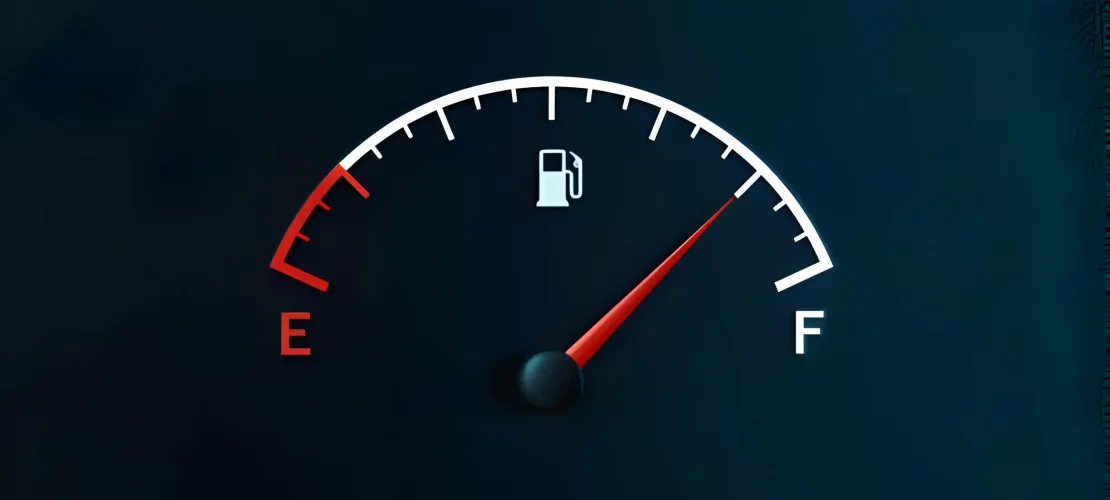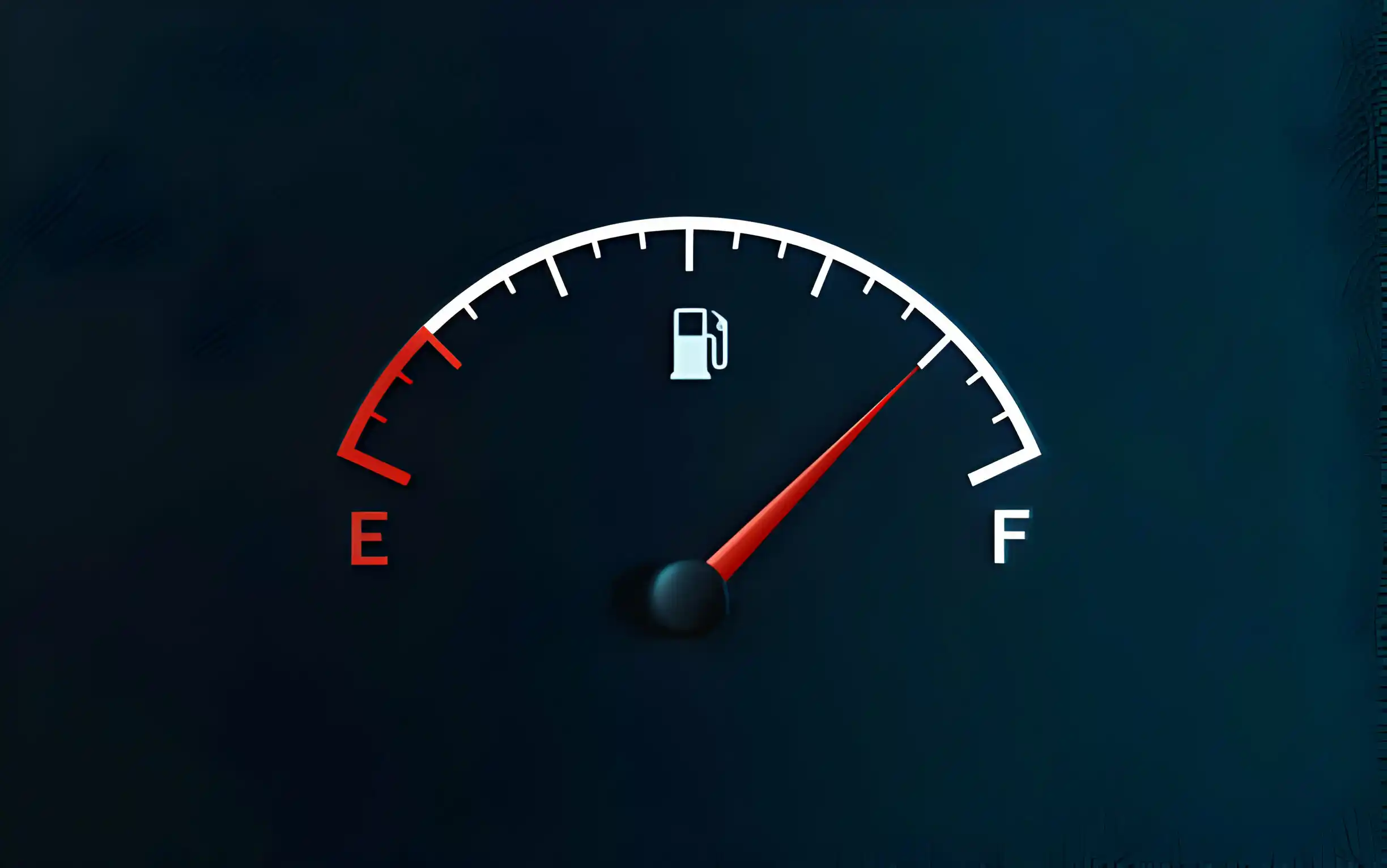- 15 Mar 2024
Can a bad battery affect fuel economy?

In today’s fast-paced world, where efficiency is key, every aspect of a vehicle’s performance is under scrutiny. One often overlooked component that plays a significant role in a car’s overall efficiency is the battery. Contrary to popular belief, a bad battery does more than just hamper your car’s ability to start. In this article, we delve into the intricate relationship between a faulty battery and its potential impact on fuel economy.
Understanding the Dynamics
How Does a Car Battery Work?
Before we explore the connection between a bad battery and fuel economy, it’s crucial to understand the basic functions of a car battery. In essence, a car battery serves as a power storage unit that provides the electrical energy needed to start the engine and power various vehicle systems.
The Link Between Battery Health and Fuel Efficiency
Now, let’s address the critical question: Can a bad battery affect fuel economy? The answer lies in the intricate web of a vehicle’s electrical system. A bad battery can disrupt the optimal functioning of this system, leading to a ripple effect on fuel efficiency.

Impact on Engine Performance
Strain on the Alternator
When a battery is on the verge of failure, the vehicle’s alternator has to work harder to compensate for the lack of electrical power. This increased strain on the alternator can result in higher fuel consumption as the engine exerts more effort to generate power.
Efficiency in Start-Stop Systems
Modern vehicles often feature start-stop systems designed to enhance fuel efficiency. A weak or bad battery can compromise the effectiveness of these systems, leading to unnecessary fuel consumption during idle times.
The Role of Battery Age
Age-related Degradation
As batteries age, their performance naturally declines. This degradation can lead to a situation where the battery struggles to maintain a consistent charge, affecting the overall efficiency of the vehicle.
Regular Maintenance Matters
To mitigate the impact of age-related degradation, regular maintenance of the battery is paramount. Ensuring proper charging, checking fluid levels, and replacing batteries at the right intervals can contribute to maintaining optimal fuel efficiency.
Conclusion
In conclusion, the relationship between a bad battery and fuel economy is more intricate than one might think. It’s not merely about the ability to start the car; it extends to the overall efficiency of the vehicle’s electrical system and, consequently, its impact on fuel consumption.
If you’re aiming to maximise your vehicle’s fuel efficiency, paying attention to the health of your battery is a prudent step. Regular checks, timely replacements, and understanding the nuances of your car’s electrical system can go a long way in ensuring that your vehicle performs optimally.











